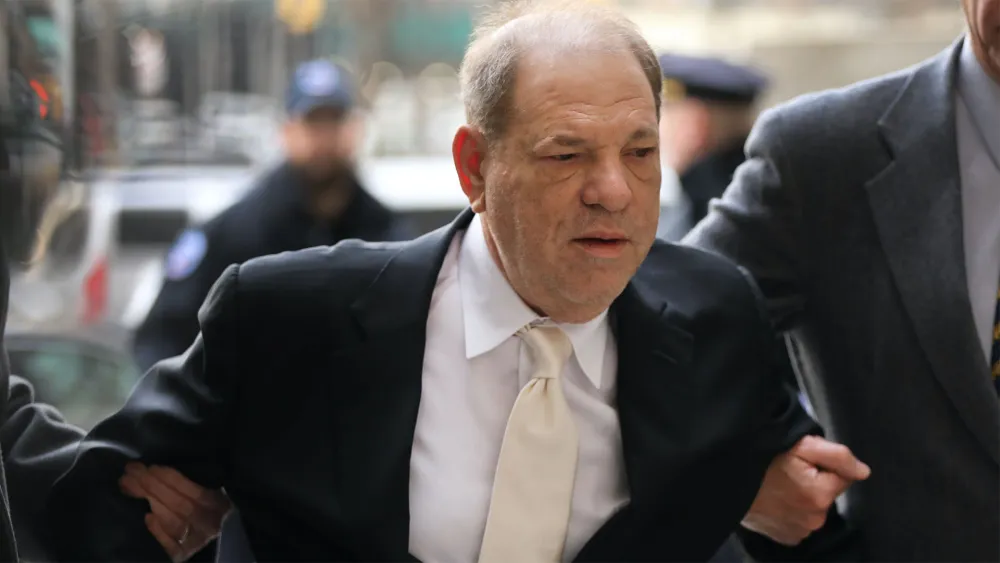Harvey Weinstein Rape Conviction Overturned
On Thursday April 25, Harvey Weinstein’s New York rape conviction overturned and gives the one-time film mogul a chance at a new rial and calls into question what evidence prosecutors can use in Future sex crime cases.
Take a look here to know what happened to the case, which helped define the “MeToo movement”, and what might happen next.
Know why the Weinstein conviction was overturned?
72- year-aged Weinstein, was found guilty of raping one woman and sexually assaulting another after both the women testified in court.
However, a 4-3 majority of the New York Court of Appeals, the state’s highest court, found that the trial judge should not have permitted three other women to testify that Weinstein had assaulted them as well because their allegations were not part of the criminal charges against him.
The testimony about “Prior bad acts” is usually barred by New York’s so-called Molineux rule, named for a landmark 1901 court case. The majority of the court found that the testimony by the three women ran afoul of the rule and made the trial unfair.

Here to know why other women are allowed to testify in the first place?
The Molineux rule is not absolute. It holds that prosecutors cannot use such testimony to prove that the defendant has a “Propensity” to commit crime, but they may use it as evidence of motive or intent.
In Weinstein’s case, prosecutors persuaded the trial judge that the producer’s alleged prior sexual assaults showed that he knew his accusers did not consent to his advances, but that he intended to force them into sex anyway.
Further, prosecutors believed that the evidence would help disprove Weinstein’s assertion that the encounters were consensual.
The court of Appeals, however, found that the testimony was simply evidence that he has a propensity to commit rape and sexual assault, not of his motive or intent.
Weinstein was sentenced to 16 years of imprisonment following a separate 2022 rape conviction in California, which he is expected to appeal, and the New York ruling has no direct effect on that case.


Comments are closed.